Trade Explained & Visualized
Make sense of complex trade trends, rules and lingo with short videos, hot takes, and interactive graphs.
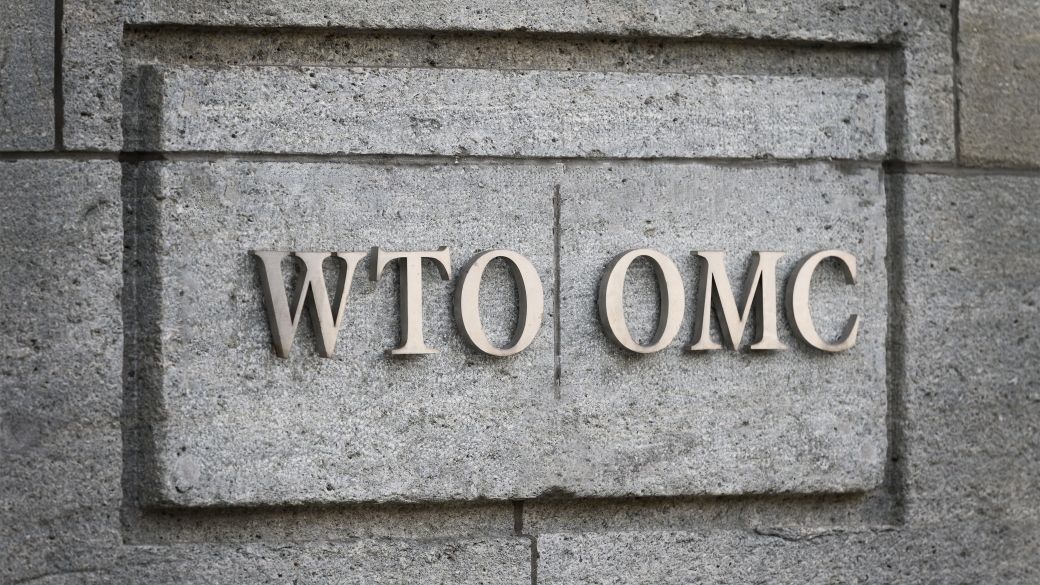
WTO Reform Tracker
With the WTO under stress and grappling with a global economy that has evolved past global trade rules negotiated in the 90's, some countries have proposed reforms and updates to the WTO. This database organizes and summarizes those proposals.

The WTO At a Crossroad: Three Scenarios
Despite the invaluable role the World Trade Organization (WTO) has played in the global economy, it faces potentially fatal pressure from within and outside the organization. Here are three scenarios that could play out in the coming years.

Crash Course: Trade Policy with the Trade Guys
Are you new to international trade, or looking for a refresher course on American trade policy? CSIS Executive Education is pleased to offer "Crash Course," a one-day seminar on the fundamentals of U.S. international trade policy and politics.

Who Actually Pays Tariffs?
In this explainer, CSIS breaks down how tariffs work, who pays them, and what they mean for consumers and businesses.

Ongoing Goings On: A News Update on WTO
_From time to time, CSIS Scholl Chair in International Business will be providing news updates about the World Trade Organization. This update centers on ongoing e-commerce and fisheries negotiations, Information Technology Agreement compliance, and trade disputes._

Subsidies and Trade: A Tricky Combination
When governments mix subsidies and international trade, you’ve got a recipe for tariffs. What are subsidies, how do they impact international trade, and how can governments respond to subsidies? Watch this video with Trade Guy Bill Reinsch to find out more.
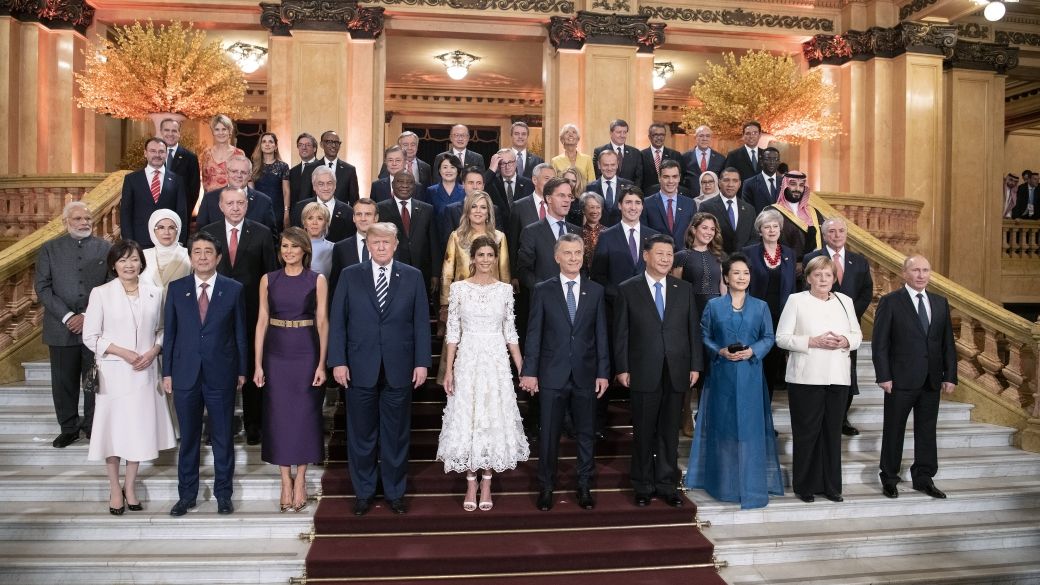
Saturday Night, Saturday Night. We All Get Together on Saturday Night!
Three things happened last weekend that deserve brief comment.

Structural Change or Blip?
Are political parties realigning on trade in what may well turn out to be a long-term structural change?
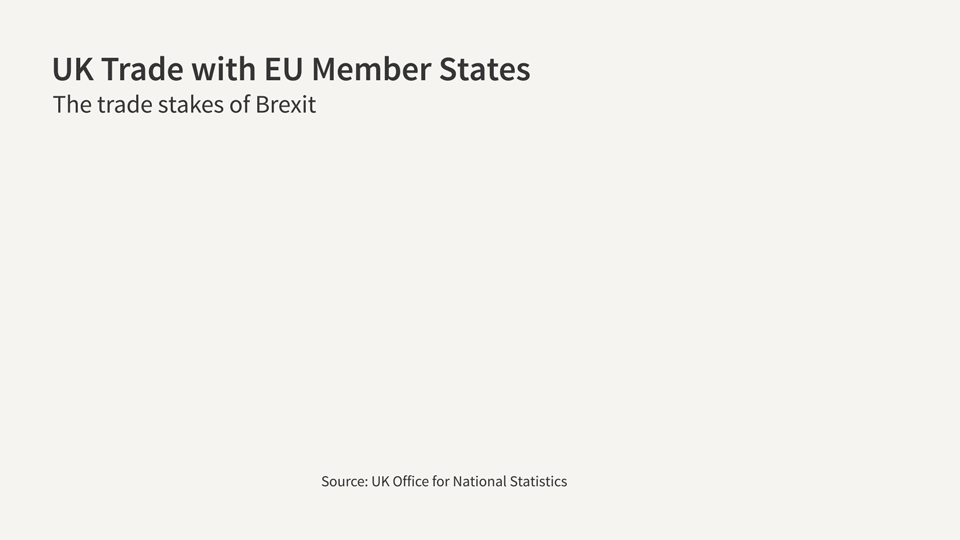
The Trade Stakes of Brexit
The trading relationship between the United Kingdom and European Union is deep, complex, and large, but that does not mean that the Brexit process and outcome will have no impact on its strength.
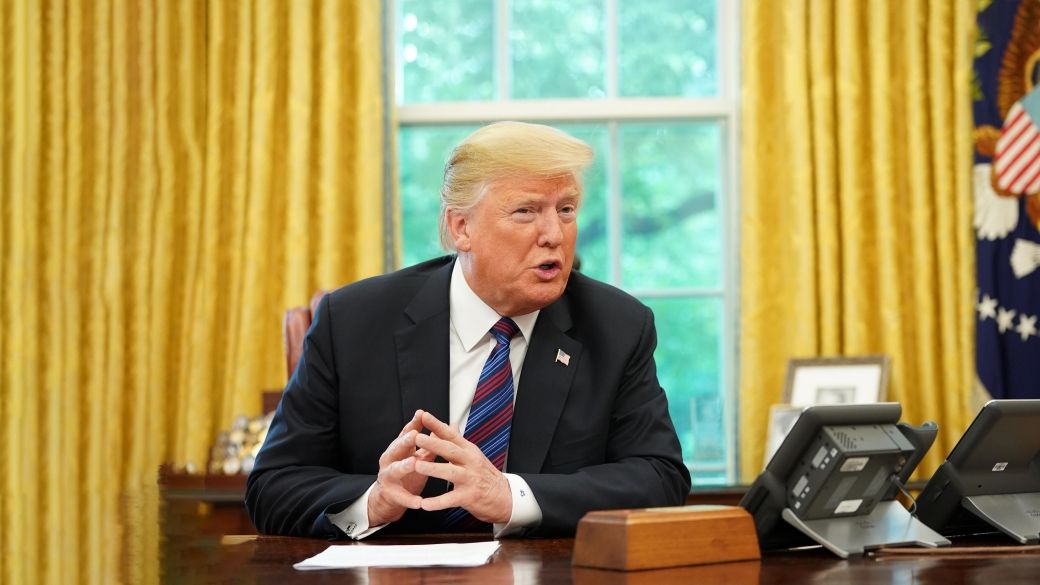
Six Months Later: An Evaluation
Any evaluation must look both at the policy and its implementation—regular readers of this column may remember the story of the grasshopper and the ant. If the latter is flawed, then the merits of the policy end up being little more than a footnote.
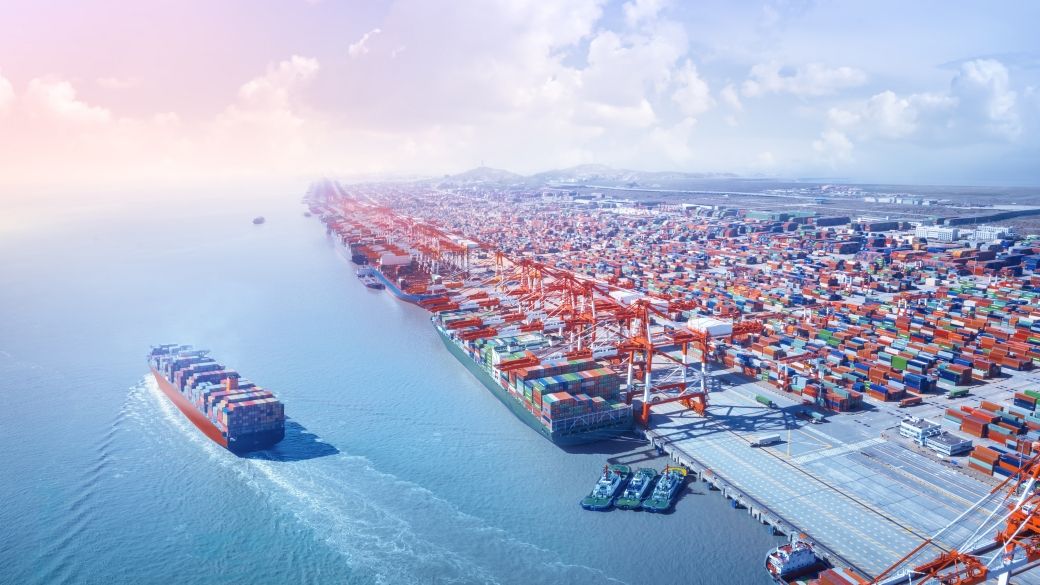
Midterm Election Results—What Did It Mean for Trade?
This week’s topic is obvious. The United States had midterm elections last week. What did it mean for trade? That is really two questions: what did the voters say about the president’s trade policy and what, if anything, is likely to change when the new Congress convenes in January?
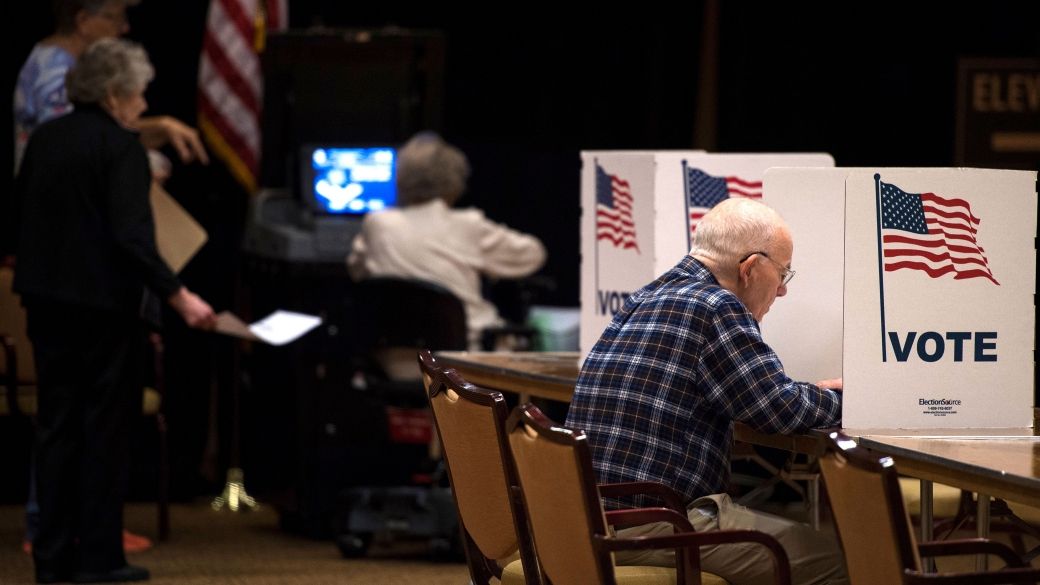
Will the Election Results Turn the Tide on Trade?
On November 6, voters flipped the House of Representatives away from Republican control into the hands of Democratic members. Republicans managed to strengthen their grip on the Senate. These developments will have implications for the administration’s trade policy agenda, although some questions remain given the evolving and unconventional political dynamics surrounding the issue.
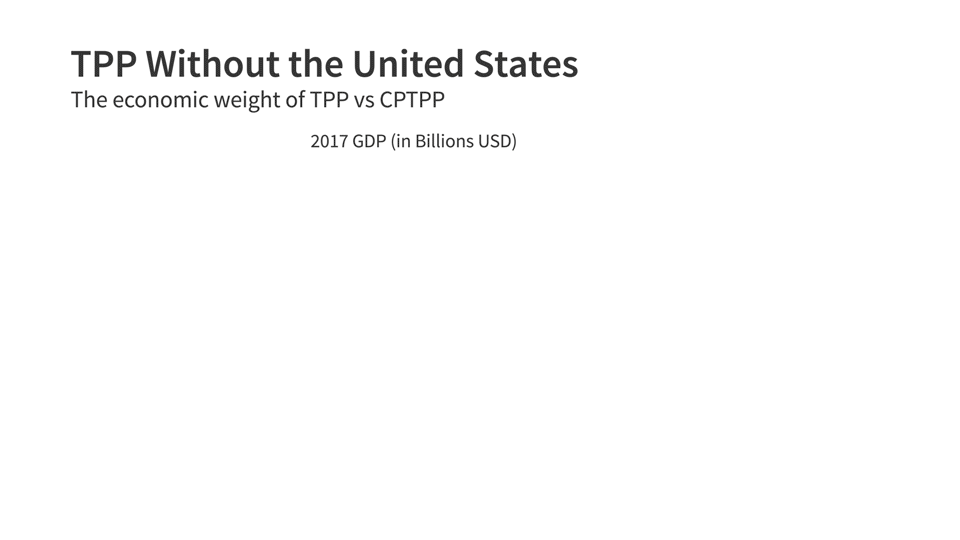
TPP Moves On, Without the United States
While President Trump withdrew the United States from the Trans-Pacific Partnership (TPP) in his first week in office, the 11 remaining members of the agreement have stormed forward.
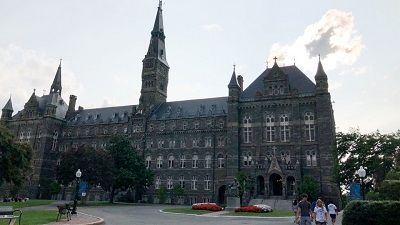
Services, Services
Our Trade Guys podcast was fortunate last week to have Christine Bliss as our guest. She is president of the Coalition of Service Industries (CSI), the main organization in town representing services companies. The conversation began with what sounded like a softball question but was not: what are services anyway?
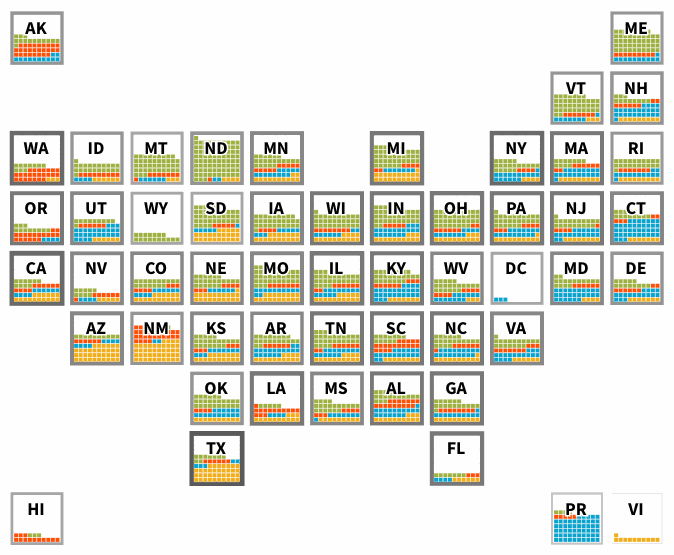
The 50 States of Trade
The trade policy of the United States is determined at the federal level in Washington, DC, but it’s the 50 states that either reap its rewards or bear its costs. Explore each state's trade relationship with Canada, Mexico, the European Union, and China through this interactive map.

Serving Up a Surplus
The United States has consistently run a trade in goods deficit for decades, but over time has grown a formidable trade in services surplus. How are services traded and how important are they to the U.S. economy?

WTO Reform: The Beginning of the End or the End of the Beginning?
Members of the World Trade Organization (WTO) have become increasingly frustrated with all three of its main functions: monitoring member states’ trade policies, providing a forum to negotiate new trade agreements, and arbitrating trade disputes. In recent months, this has triggered an effort to reform the WTO—what U.S. ambassador to the WTO Dennis Shea termed “the Autumn of WTO reform.”

New Trump Administration’s Trade Negotiations: What’s Next?
The Trump administration has formally notified Congress that it intends to negotiate trade agreements with the European Union, United Kingdom, and Japan. The Scholl Chair explores what the next steps for each party are and where the negotiations could lead.

What Goes Around Comes Around
Does the U.S.-Mexico-Canada Agreement signal a return to the days of managed trade? If so, is there any merit to that trade policy approach?

Spoiling China's Appetite for U.S. LNG
The United States is swimming in natural gas, and China has a huge appetite for the relatively clean and efficient fuel to power its economy as it shifts away from coal. That dynamic led to growing U.S. liquefied natural gas exports to China over the past two years, but the trade war has thrown further growth into doubt.

Fixing the WTO
CSIS was privileged last week to host the U.S. ambassador to the World Trade Organization (WTO), Dennis Shea, for a public conversation. Ambassador Shea did not make front page news, no doubt much to his relief. No surprise there. Even in the best of circumstances, the WTO rarely makes the front page, and we are hardly in the best of circumstances. He did, however, do an excellent job of both defending and explaining the administration's policy toward the organization.

Services: How to Boost Trade and Shrink the Deficit at the Same Time
Chances are you do not work in agriculture or in manufacturing. In fact, four out of five jobs in the United States are in “services,” and 75 percent of U.S. GDP is derived from services.
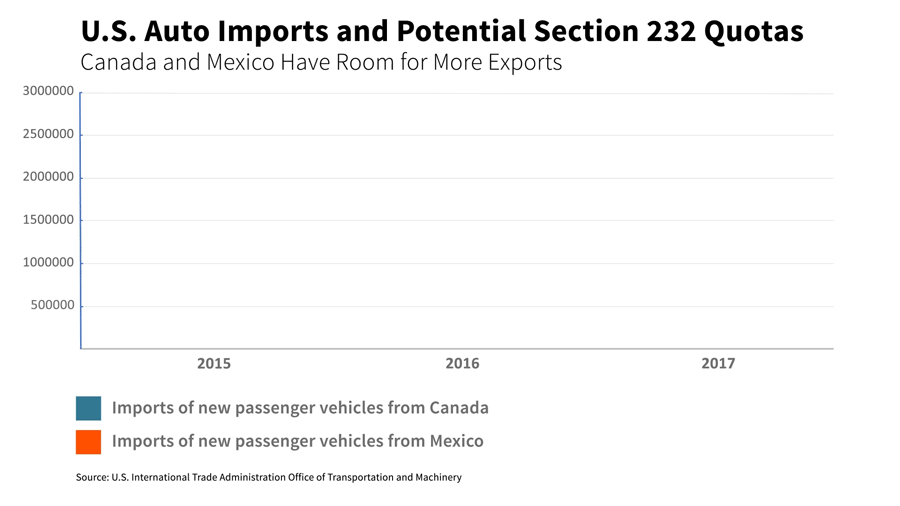
USMCA, Cars, and National Security Tariffs
Outside of the new U.S.-Mexico-Canada Agreement (USMCA) to replace the North America Free Trade Agreement, the Trump administration negotiated caps on the amount of autos Mexico and Canada can send to the United States before facing potential Section national security 232 tariffs.
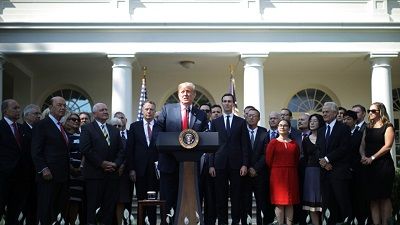
No to the Village People, but Yes to ‘Bait-and-Switch’?
The completion of USMCA negotiations, however, has allowed attention to turn to other trade issues. While talks with the European and Japan are looming, China is the topic _du jour_, especially in the wake of the vice president’s speech last week. And there, I think, we are witnessing the unfolding of a time-tested tactic—"bait-and-switch”—promising one thing and delivering something else, usually of lesser value.
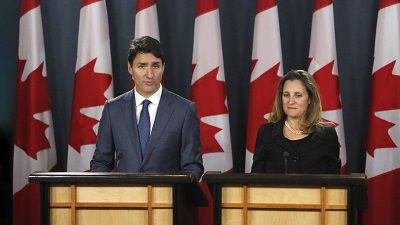
From NAFTA to USMCA: What’s New and What’s Next?
After over a year of negotiations and just hours before an October 1 deadline, the Trump administration and government of Canadian Prime Minister Justin Trudeau managed to reach a deal to bring Canada into a new trilateral free trade agreement with Mexico to replace the 25-year-old North American Free Trade Agreement (NAFTA).
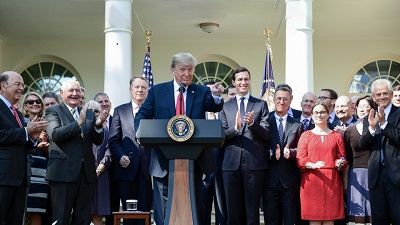
Exit NAFTA, Enter USMCA
It is somewhat comforting to see that one of the worst things you can say about U.S.-Mexico-Canada Agreement (USMCA) is that the new trade agreement replaces a term that everyone knows and can say with an unpronounceable acronym. How do you say USMCA? Even NAFTA 2.0 would sound better. Hard to pronounce though it may be, if that’s the worst one can say about the agreement, then the business communities in all three countries dodged a serious bullet.
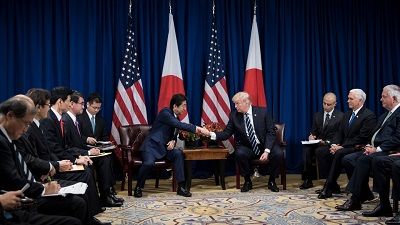
U.S.-Japan Trade Talks: What Could They Yield?
After roughly a year and a half of overtures from the Trump administration, Japanese Prime Minister Shinzo Abe has agreed to enter into talks for a “United States-Japan Trade Agreement on goods,” and other key areas. The joint statement announcing the negotiations was released on Sept. 26 on the sidelines of the United Nations General Assembly after a bilateral meeting between President Trump and Prime Minister Shinzo Abe. Questions remain, however, about the scope of the negotiations, the resolution of U.S. national security tariffs on steel, aluminum and automobiles, and what either side may be willing to give to the other to reach a deal.
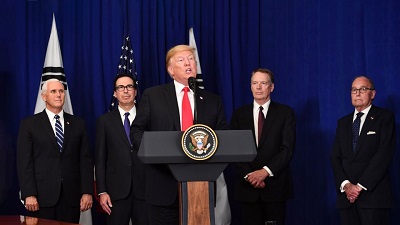
Why Both Republicans and Democrats are Grumpy about Trade
Some interesting poll data has emerged over the past couple of weeks that merits some discussion. As usual, some of the most useful comes from the Pew Research Center and the intrepid Bruce Stokes, who has spent a lot of time over the past six years trying to understand what the American people think about trade and how that is changing.

A New Phase of the U.S.-China Trade War
The Trump administration has opened a new chapter in its trade war with China.

Ports: The Backbone of Global Trade
Seaports are a fundamental part of global trade. In 2017, seaports in the United States handled roughly 42 percent of all trade in goods, worth a total of $1.6 trillion. Ports generate jobs, enable exporters to reach markets overseas, and give consumers access to competitive foreign goods.

Reframing the Trade Debate
There is no question that the president has reframed the debate on trade in the United States. As I have said many times, after 30 years below the fold in the business section (for you, millennials, that’s a reference to old-fashioned newspapers), trade is now on the front page every day. As it turns out, that has had both good and bad consequences.

What is Dumping?
Being subject to dumping can cause some serious harm and lead to intense fights – and no, we’re not talking about the latest celebrity breakup. In the context of trade, politicians will often blame other countries for “dumping” products into the United States. What are they talking about and, how can companies and the government respond to dumping? Well, like any big breakup, it’s complicated. Watch this video with Trade Guy Bill Reinsch to find out more.

A 21st Century Trade War
The Trump administration has launched an unparalleled trade war with enemies and allies alike. But it’s been generations since our last true trade war. So how will this play out in our modern age, and what are the stakes?
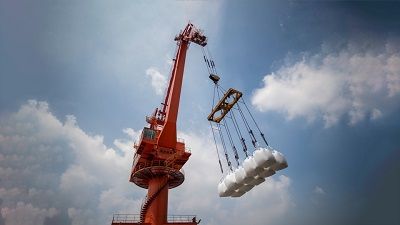
Aren’t We All Free Traders?
Most politicians say they are free traders, but disagree over how to achieve free trade. The president's actions and statements have called into question whether he is indeed a free trader, and whether his method of making trade freer will pay off.

Steel and Aluminum Tariffs: A Push and Pull between the President and Congress
President Trump’s decision to impose steel and aluminum tariffs and his threat to put tariffs on automobiles and parts under Section 232 of the Trade Expansion Act of 1962 have generated anxiety on Capitol Hill. Lawmakers have expressed concern about the economic impact of the tariffs as well as the legal foundation for them. Some have suggested reining in the president's tariff authority. What has been proposed, what are the chances meaningful action is taken, and is it a good idea for Congress to take back trade authority from the president?

NAFTA: Milking It for All It’s Worth
President Trump has made it a priority to pry open Canada’s managed dairy market in order to boost U.S. exports of milk, eggs, butter, cheese, and other products north across the border. In response, Canadian Prime Minister Justin Trudeau has pledged to protect the Canadian dairy industry.

So, What Just Happened?
What happened with NAFTA last week? The United States and Canada did not reach agreement; the administration notified Congress anyway of its intent to sign an agreement, at least with Mexico and perhaps with Canada later; the parties said surprisingly nice things about each other (except for our president who was rude as usual) and agreed to meet again this week. So, what does it all mean?
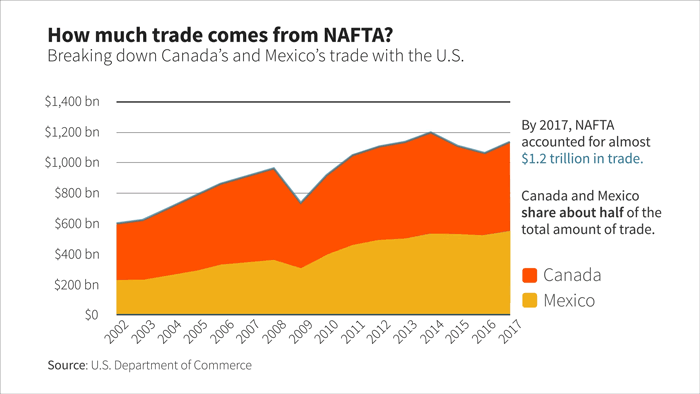
The Cost of Leaving Canada Behind
The Trump administration announced that it had reached a bilateral trade agreement in principle Mexico and pledged to move forward with it regardless of whether Canada joins, potentially upending commercial relations with its top trading partner. What would a trade deal without Canada look like by the numbers?

Westward Ho!
With our unemployment rate low, employers are having more and more difficulty filling jobs. A more mobile working-age population would partially address that problem. So, why don’t we move as much as we used to?
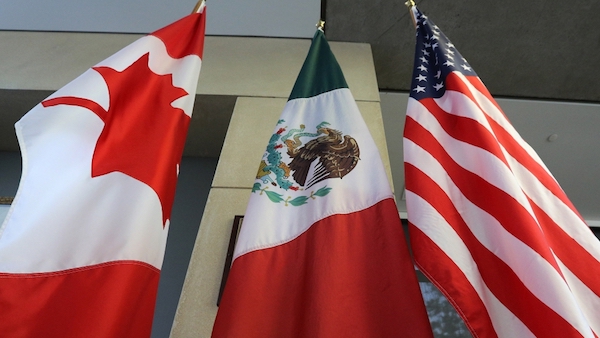
NAFTA or U.S.-Mexico Trade Agreement?
What’s in the U.S.-Mexico agreement and what issues still have to be worked out between the three countries? Is the U.S. headed for a breakup with its northern neighbor or a closer relationship?
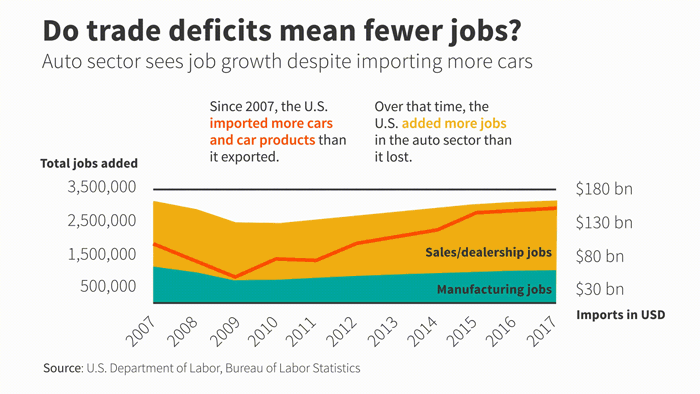
Do auto imports drive auto jobs?
Increased imports of autos and auto parts doesn't actually correlate to a decline in U.S. auto manufacturing jobs or auto dealership jobs. In fact, over the past decade, U.S. jobs in both of those parts of the auto sector have grown while imports of autos and auto parts have expanded.

Talking Turkey and Taking Stock
This week’s title and topic are just too easy. Indeed, Scott and I used the first half of it last week for our Trade Guys podcast. The case of Turkey does, however, demand a bit more attention than Scott and I gave it. This column will look at it primarily from a trade and geopolitical perspective.

U.S.-Turkey trade after steel tariffs
How much trade between the U.S. and Turkey has been impacted by the Trump administration's tariffs and Turkey's retaliation?

Safeguards: The Dirty Laundry of Trade Policy?
U.S. consumers love choices. But, choice in the U.S. market means American manufacturers face stiff competition at home and abroad.

Trade and Wages
One eternal element of the debate on trade policy is blame. Bad things are happening in our economy. Is trade responsible for them? Trade skeptics say “yes”—trade promotes a race to the bottom. Free traders say “no”—trade is a scapegoat for a lot of other things that are going on.

The U.S.-China trade fight
President Trump in March announced that his administration would impose tariffs on Chinese imports of that value. So far, China has responded with tariffs on an equivalent amount of U.S. goods. But the U.S.-China trade balance has made it impossible for China to keep up the tit-for-tat tariff exchange.

Whither, or Wither, WTO?
WTO negotiations have all but ground to a halt while countries flout their obligations. U.S. tariffs on steel, aluminum, and imports from China have put additional pressure on the WTO’s rules and relevancy.
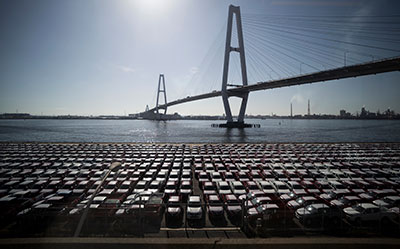
Imports: Part of America's Secret Sauce
The U.S. is slapping tariffs on imports from other countries. But what do we import and who are imports for? Trade Guy Scott Miller explains.
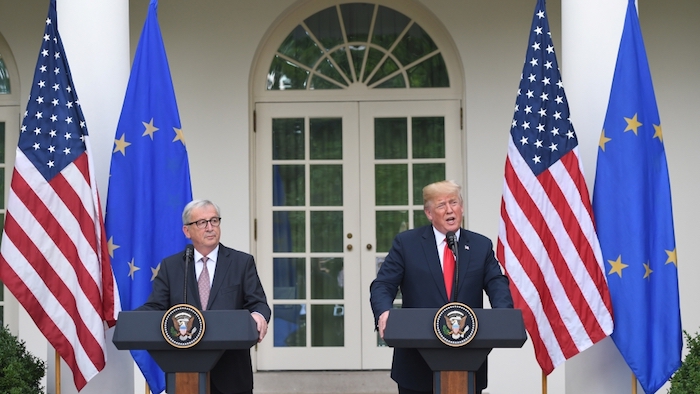
Zero Tariffs, Zero Barriers, Zero Subsidies: Is This Even Possible?
The U.S. and European Union have agreed to negotiate towards “zero tariffs, zero non-tariff barriers, and zero subsidies on non-auto industrial goods.” What does that really mean, and is it possible?
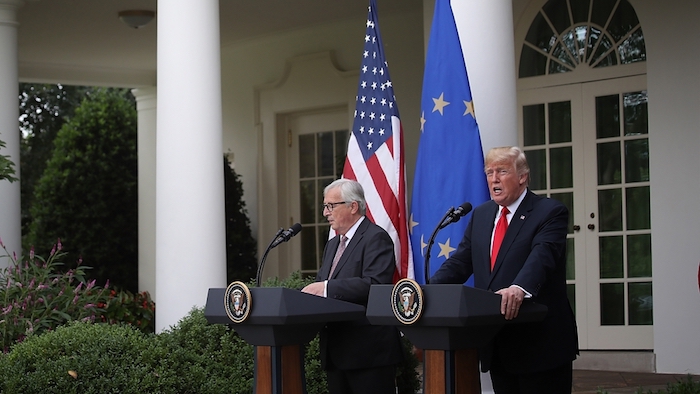
The Emperor’s New Clothes
President Trump stormed into the Oval Office promising to tear up old trade deals and replace them with improved agreements. But so far, he has little to show for his fiery rhetoric about Americans being ripped off.

What’s the “Bretton Woods” System?
While today the U.S. is in a trade war with China, the foundations of international trade were laid to avoid war altogether.
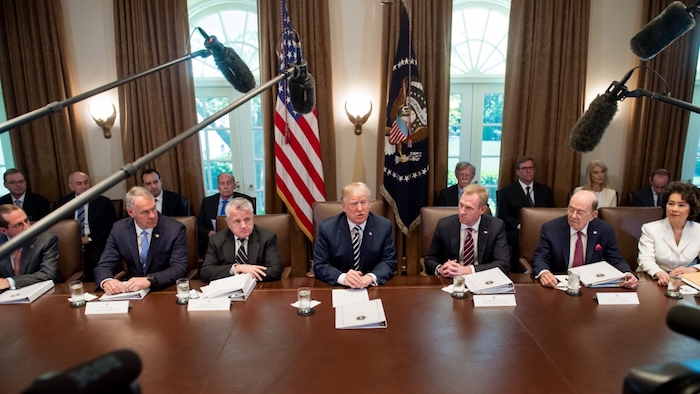
Is Anybody Fighting Back?
As tariffs begin to stack up and the prospect of higher prices for consumers comes hurtling closer, the question of “Why isn’t anybody doing anything about” gets asked more and more. There is more than one answer to that question.

Tariffs Aren’t the Only Way to Control Trade. Non-Tariff Barriers, Explained.
Trade Guys Scott Miller and Bill Reinsch want you to know that the U.S. government has more tools than just tariffs at its fingertips.

Made In...Where? Rules of Origin, Explained.
Rules of origin play a big role in the North American Free Trade Agreement, or NAFTA.
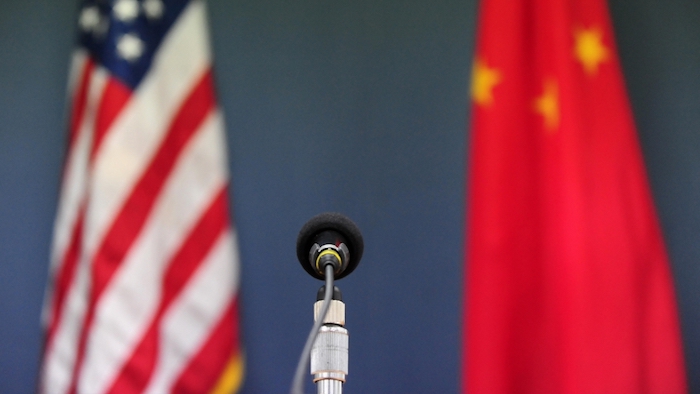
China: The Dust Never Settles
The U.S.-China trade battle appears to have no end in sight. The Trump administration appears to want it all from China: market access concessions, a reduction in the trade deficit, and significant internal Chinese reforms.
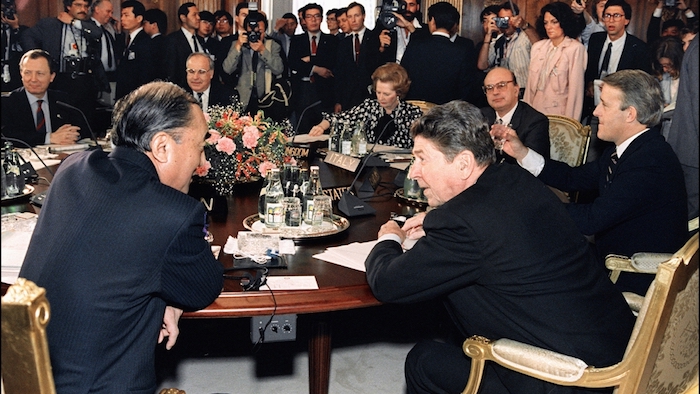
Lost in the 1980s on Trade
Robert Lighthizer, the U.S. Trade Representative, is dusting off his playbook from the 80s. The trade policy veteran, who served as a deputy in the Reagan administration, is seeking negotiated steel and aluminum quotas and has made his skepticism of the World Trade Organization no secret.